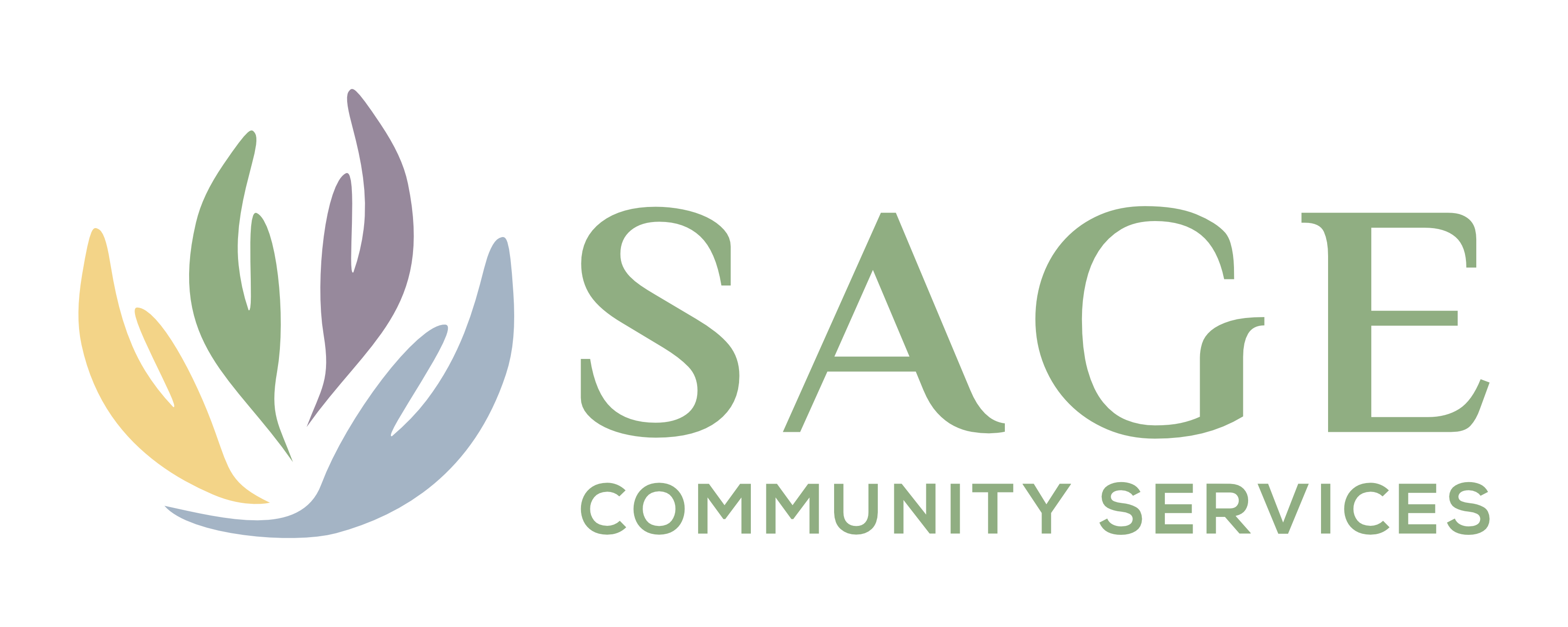Reconciliation Week 2023
Reconciliation Week is an important time in Australia. It’s a time for people come together to celebrate respect and promote an understating of the relational history between Aboriginal and Torres Strait Islander people and non-Indigenous Australians.

May 27 is the start of Reconciliation Week and falls on the anniversary of the 1967 referendum in which Australian’s voted to include Aboriginal and Torres Strait Islander people in the national census. This was a significant milestone in the recognition for Aboriginal and Torres Strait Islander people rights and equality.
The week concludes on ‘Mabo Day’. A historic day for the traditional land rights of Aboriginal and Torres Strait Islander people. On June 3rd 1992, the High Court of Australia made the decision to recognise Eddie Koiki Mabo as a traditional owner of the land, therefore overturning the decision of ‘Terra Nullius’ and setting a precedent for Native Title.
During Reconciliation Week, various events and activities are organised across the country to engage individuals, communities, schools, workplaces and organisations in discussions about reconciliation. This year’s theme is Be a Voice for Generations! Encouraging all Australians to be a voice for reconciliation, for the past, current and future generations of all Australians.
Reconcliation Week serves as a reminder that reconciliation is an ongoing journey, and it requires a collective effort from all Australians. It is an opportunity to learn about the rich cultures, histories and contributions of Aboriginal and Torres Strait Islander peoples. It encourages individuals and communities to challenge stereotypes and aims at addressing systemic inequalities, and hopes to build relationships based on trust and equality.
Celebrating Reconciliation Week is important; however, it is just as important to ensure that the commitment towards reconciliation is extended to beyond week and is an ongoing discussion. A discussion that involves acknowledging the past, listening to voices of Aboriginal and Torres Strait Islander people and that acting towards justice, equity and healing. By embracing reconciliation and engaging in meaningful conversations and actions, we can? can contribute to a more just and equitable society for all.
